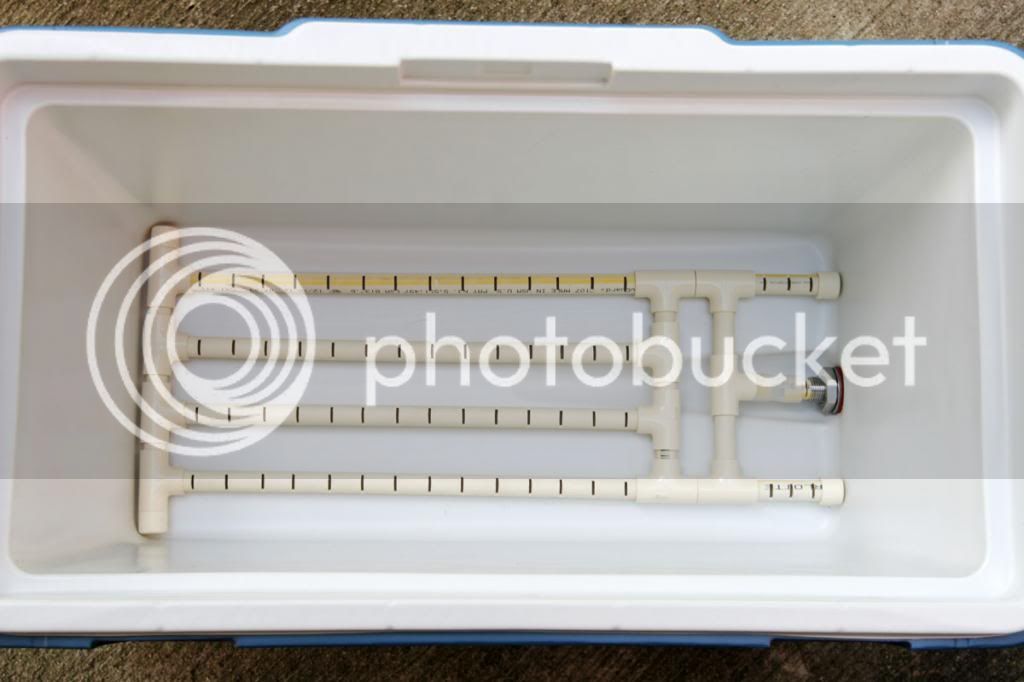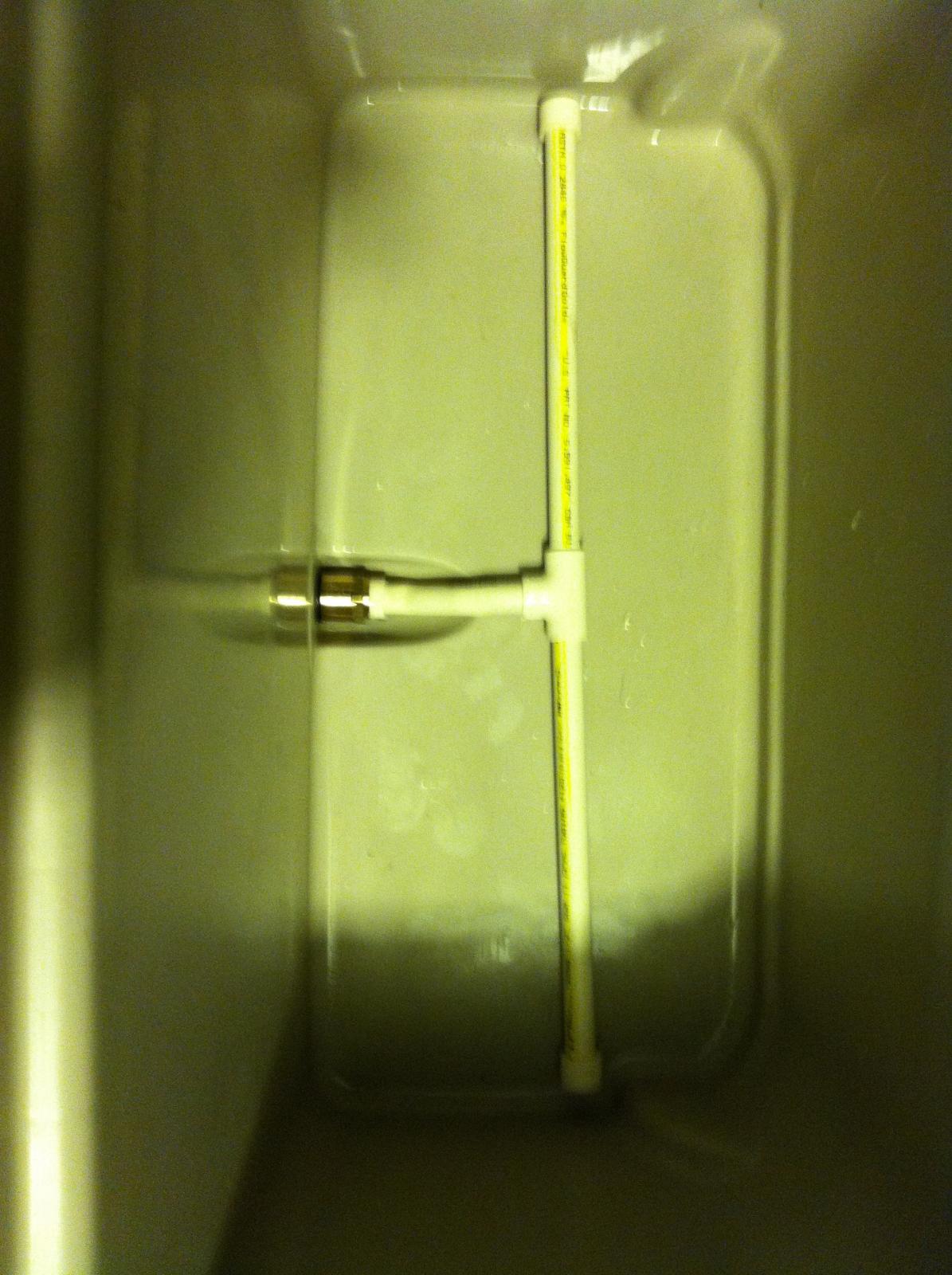Check this out for an explanation of the different efficiencies:
http://www.brewersfriend.com/brewing-efficiency-chart/.
If you are not fly sparging, there is no technical reason to do a mash-out. The purpose of a mash-out is to denature the amylase enzymes prior to the long fly sparge, so that they don't continue working to make the wort too fermentable during the extra time (45 min to more than an hour.) You should be able to complete a batch sparge in 10 - 15 minutes, and you can start heating your first runnings to a boil immediately after the run off. This will denature the enzymes just as fast as a mash-out.
Some brewers report efficiency increases from doing a mash-out. They only see this because they had incomplete starch to sugar conversion during the time alloted for the mash. They could get the same result by mashing longer, and/or crushing their grain finer. You can quantitatively test your mash for completeness of conversion by measuring the SG of the wort in the MLT and comparing to the table found here:
http://braukaiser.com/wiki/index.php?title=Understanding_Efficiency#Measuring_conversion_efficiency. This test is more precise than the qualitative iodine test.
You don't have to sparge with hot water if your conversion is complete before you start sparging (ref:
http://braukaiser.com/blog/blog/2009/05/12/cold-water-sparging/.) If your conversion is incomplete, then hot sparge water will effectively extend the mash time a little, so you get some more conversion. Again, you are better off taking action to get complete conversion before proceeding to the sparge.
Sugar solubility is not an issue. There is no solid sugar to be dissolved during the sparge, since the sugar is all in solution when it is created. The solubility of maltose in water at mash temps is about 66.7 % by weight (2 lb of maltose will dissolve in 1 lb of water, ref:
http://chestofbooks.com/food/science/Experimental-Cookery/Solubility-Of-Maltose-In-Water-gillis.html), and this is equivalent to an SG in excess of 1.300.
Adding boiling water to your mash to raise the temperature will not extract tannins if your mash pH is in the correct range (5.3 - 5.7) and your added water is not overly alkaline. The mash pH has to be raised to a pH of about 6 to extract tannins, even at boiling temperatures. Overly alkaline sparge water can raise the pH of the mash too much, but alkalinity can be reduced by adding acid (lactic, phosphoric, etc.) to it to bring the pH below 5.8.
Brew on







